As COVID-19 cases continue rising in the United States, many parents worry about sending their children to school. Yet, virtual learning or other proposed plans feel, well, less than ideal. For some, packing the family into an RV, hitting the road and road schooling seems like the dream.
Interest in RVs certainly is increasing. According to Facebook, more than 25,000 RV have been for sale on Marketplace every month since March. RVshare, a RV peer to peer marketplace, estimates that demand for RVs will remain high throughout the fall with Labor Day reservations up 50 percent.
But road schooling isn’t for everyone. It requires flexibility, un-schooling and children who are fine with doing nothing during hours of driving.
“Our kids got really really good at being bored,” Madison Bowman, 32, who spent about two years living in a bus with her husband, David, 30, and their two children, told TODAY Parents. “You’re in a very small space if you’re living on the road … you will be on top of each other all the time.”
At the time, she home schooled Graham, now 7, for kindergarten.
Boredom and 24/7 togetherness aside, Bowman and other road schooling parents agree it offers many advantages.
“You read about Mount Rushmore in a book, you read about the White House or you read about all these historical things in a book,” Kristi Corder, 42, who road schools with her husband Brent, 41, told TODAY Parents. “The most fascinating and most beneficial thing for my kids is we actually get to go and experience those things.”
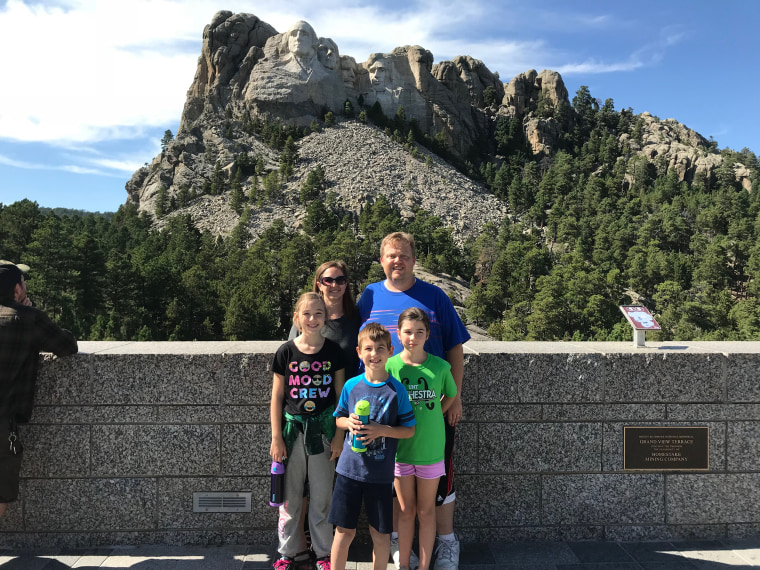
Corder teachers her soon to be 13-year-old twin daughters, Allison and Abigail, and 9-year-old son, Peyton and has done it on the road since 2017.
These road schoolers offer advice for anyone interested in hitting the road with their kids in tow.
1. Internet access determines the camps site
Corder and Brent both work and she teaches their children. That means they often can’t stay at the National Parks because there’s no internet access. Bowman said finding internet meant their camping didn’t always look Insta-worthy.
“(RVing is) very exoticized on social media. A lot of people will stay on (public) land where you can free camp and they’re out in some gorgeous location in the middle of nowhere and it’s very beautiful and cool,” she said. “We ended up staying in a lot of Walmart parking lots because they’re in civilization.”
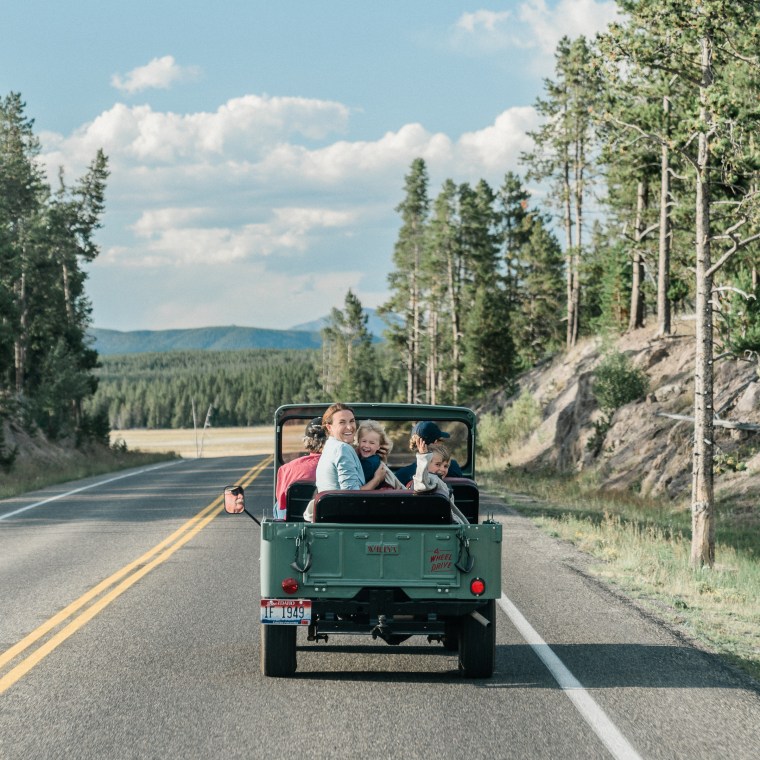
Corder agrees that internet access changes the dynamic.
“If the signal is not very good then we pick up and we move to a new spot because that is part of what we need,” she said.
2. Take advantage of what’s offered
Bowman’s family visited the 61 national parks and historical sites and each one had a Junior Ranger program where children earn badges for completion. Her kids finished them all.
“They have learned so much from that program. That is one of the things, taking advantage of programs like that you would normally not have access to in your area,” Bowman said. “You could really base your entire school curriculum around Junior Ranger programs and get a great program of history and science and a lot of different subjects.”
Corder’s family also participates in Junior Ranger programs or offerings at local sites or museums.
“Sometimes we don't do formal schooling during the day and instead will go out to see Mount Rushmore or to a park or to a museum or something like that,” she said. “That will be our school.”
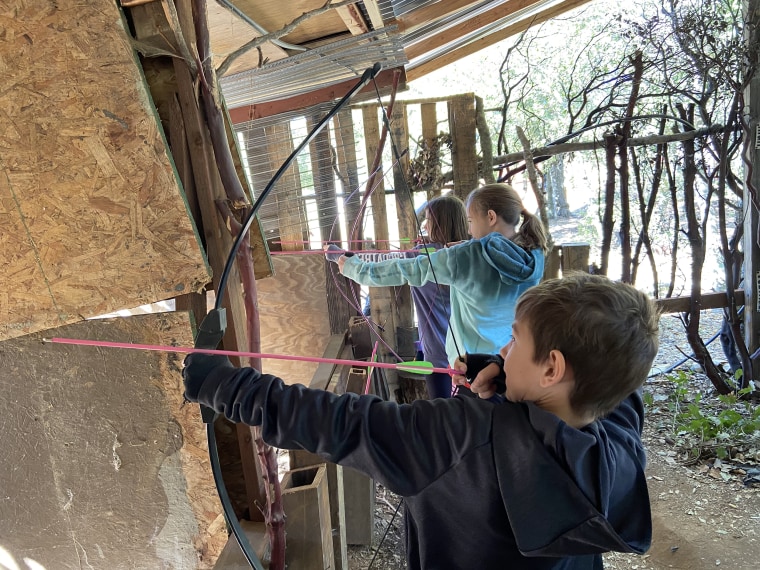
Bowman’s family often used their location as a starting point for a lesson.
“There are a lot of great advantages to place-based learning, doing deep dives based on where you are and being able to have like a very experiential learning taking place,” she said.
3. Find community
Two of the Corder children love the Albuquerque Balloon Fiesta, in part, because loads of their friends attend it. They were dismayed that it was canceled this year, but the Corders have become good at planning events where their children will visit with their friends who are also road schooling.
“For the most part we are meeting new friends along the way and making connections,” she said.
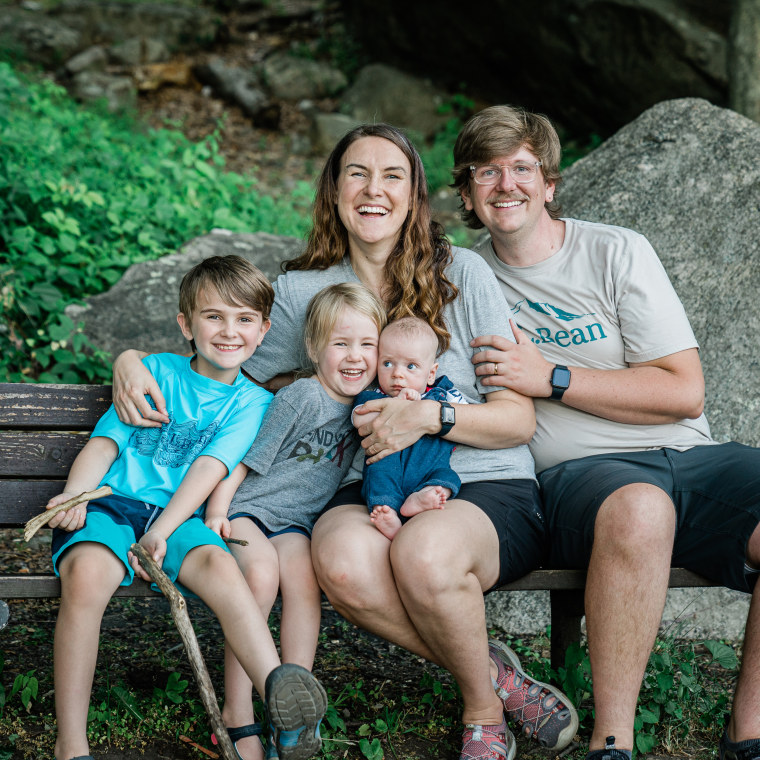
Bowman agrees that finding a community helps. There are Facebook groups and websites that make it easier for road schooling families to meet.
“Maintaining a regular community is really difficult when you're traveling,” she said. “We would make friends on the road and we have friends that live all over the country. So we could see those people and visit family.”
4. You’ve got to ‘unschool’
Too often parents take their children out of traditional school and run home or road schooling like they think school works, with their children sitting for eight hours learning. That’s just not realistic.
“You need to focus on how your child learns best and you cater your curriculum and subject choices to how they learn,” Corder said. “That’s probably the biggest challenge going from public school to homeschool.”
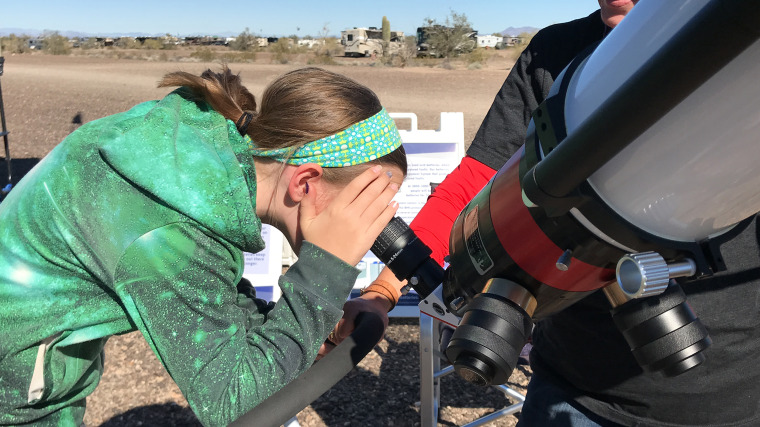
She and Bowman consider Junior Ranger lessons or museum visit part of learning but for parents with children coming from school, they might worry it’s too much time away from the desk. But they urge parents not to fret that road schooling looks different.
“You’re winging it a little bit more,” Bowman said. “It is OK if it doesn’t look like your public school education and what their peers have.”
5. Find what works for you
Bowman says there are endless home school curriculum plans that parents can research. While it becomes overwhelming, she encourages people to remember what their children like and let that guide their choices. And, learning doesn’t have to be linear.
“You don’t have to take U.S. history and start at the very beginning of Plymouth Rock and work through that,” she said. “Having confidence in our kids that they can make connections across subjects, across time periods … You can revisit topics and help them make connections.”
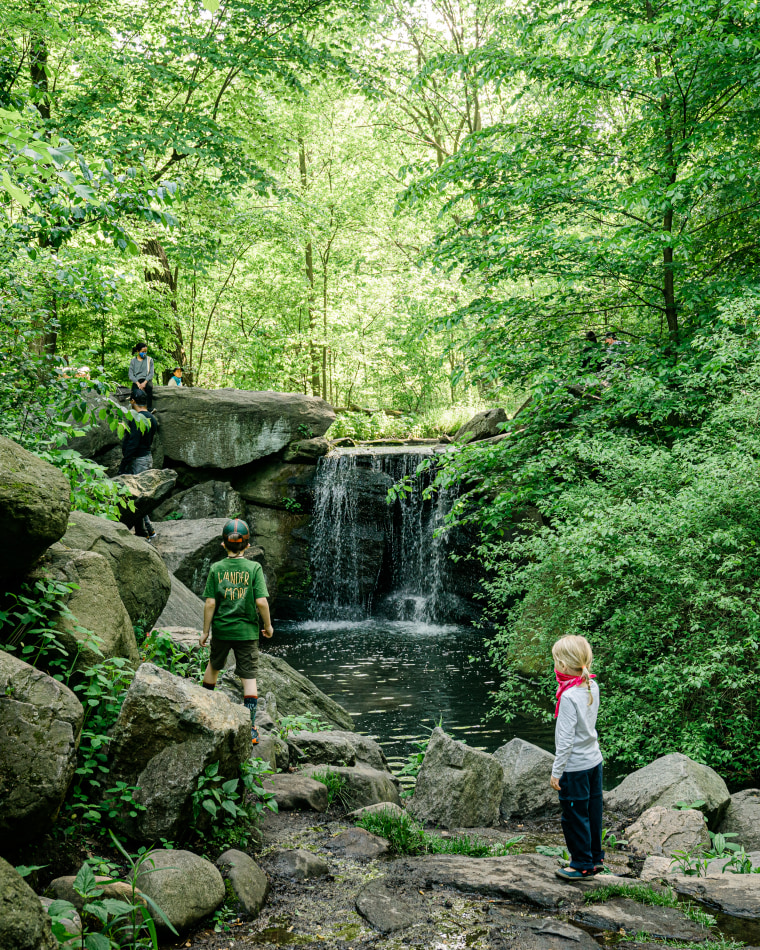
She also realized that having her kids involved in daily tasks in life helped them learn.
“As a parent, my kids get folded into all of the things that I have to do and they help clean and cook and it's very much like we are all working together,” she said. “It is a great way for them to learn.”